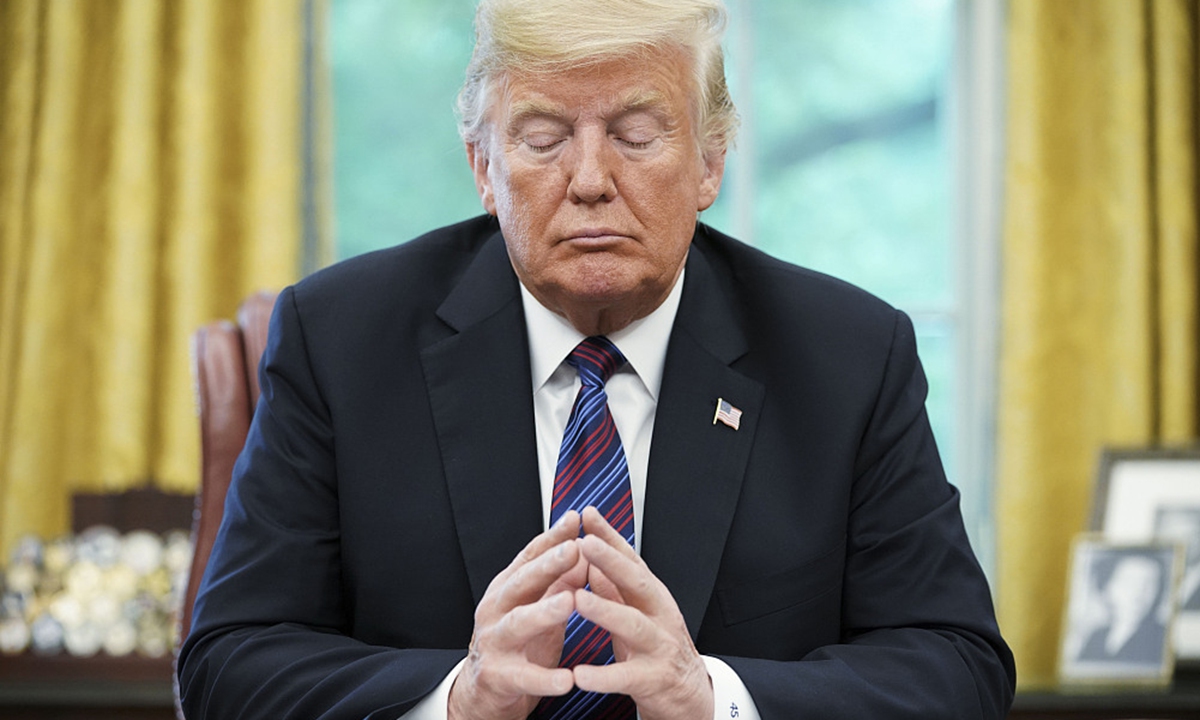Going strong: China has become less reliant on American consumers since Trump’s first trade war in 2018. — Reuters
HOW does an escalating US-China trade war affect people’s well-being? In China, it depends on who you ask.
Some are energised by the fight. Electric-vehicle makers are in hyperdrive, pushing out luxury new models, self-driving features and battery-charging technologies that allow drivers to recharge almost as fast as filling a petrol tank. Instead of selling cars to Americans, the likes of BYD are taking on Tesla in growth regions such as South-east Asia.
There’s also talk of an “engineer dividend” – credit to President Xi Jinping for his focus on higher education in sciences. The success of DeepSeek’s reasoning model, released in late January, gave rise to a realisation that China is not just a manufacturing powerhouse whose status is being challenged by President Donald Trump’s tariffs. Rather, Beijing may have found a fresh growth model. It can grab market share in software services, which the US excels at. Almost every week, Chinese tech firms have been releasing new artificial intelligence models and applications.
In part because of a stock market rebound, luxury home sales in Shanghai are booming. Property markets in tech hubs such as Hangzhou and Shenzhen are also seeing a revival, a welcoming reprieve after a four-year downturn.
After all, China has become less reliant on American consumers since Trump’s first trade war in 2018. Exports to the US accounted for just 15% of the total in 2024, versus 20% a decade earlier. The economy will shrink by only about 3%, even if the entire trading route to the US gets wiped out.
Beneath that stoic defiance, however, are genuine concerns about how to make a living, especially among blue-collar workers. A decline in exports, until now a rare bright spot in an otherwise anaemic economy, will only create more competition for low-skilled jobs. Already, demand for their labour is diminishing due to factory automation and the end of a decade-long property boom. In 2024, the manufacturing and construction sectors absorbed just over 40% of migrant workers, versus more than half a decade earlier.
Apparel is the third-largest category of US imports from China, after communication devices and electronic equipment. On average, the textile industry hires more than 25 people for every one million yuan (RM589, 846) in gross domestic product generated. About 16 million jobs could be lost thanks to Trump’s tariffs, according to Goldman Sachs Group estimates.
What these displaced might do next matters to the rest of the 425 million-strong blue-collar workforce. In recent years, people have been moving in droves into the gig economy, working as housekeepers, drivers, delivery workers and social media influencers.
Already, some of these sectors are getting crowded. In 2024, the number of ride-hailing drivers jumped by 27% to 38 million, prompting some local governments to warn about overcapacity. No surprise, their average monthly pay fell.
Or consider the 18 million social media live streamers, often young people who want glamour in their work. Most of them aren’t getting rich – they are barely getting by. A recent academic survey shows that 93% make less than 3,000 yuan a month, not even half of what an average delivery person earns.
It’s unlikely Beijing will launch the kind of bazooka stimulus witnessed in the aftermath of the global financial crisis (GFC), the last time China’s exports registered double-digit declines. Back then, more than a third of migrant workers, or over 80 million, were employed in manufacturing. The magnitude of job losses was much larger.
Barring mass street protests, the government’s attitude towards blue-collar labourers has been that since many have few skills, they can be flexible. Manufacturing jobs gone? No problem, they can go into the services sector, or back home to the farm. During the GFC, at least 20 million laid-off migrant workers returned to rural areas. This attitude is unlikely to change just because of Trump.
In fact, this trade war only exacerbates a separation of the elite from the grassroots. For the skilled and well-to-do, US tariffs barely touch their lives, and they are thinking of new money-making opportunities now that Trump is tearing up the existing world order (Gold, anyone?). But millions of others are only getting more anxious. – Bloomberg Opinion/TNS
by Shuli Ren, a Bloomberg Opinion columnist covering Asian markets.
Related posts"
US economy in Q1 shrinks amid new tariff policies; US reportedly actively engaging with China through multiple channels
- A view of cargo ships at Port Liberty in Bayonne, New Jersey, on April 10, 2025. Photo: VCG The US economy just had its worst quarter sinc...

























 Consider these bizarre facts: the pandemic is claiming more than 4,000
deaths daily in the United States; digital media like Twitter, YouTube
and Facebook have banned tweets and comments by their own President; all
US stock market indices are still rising, and bitcoin has surged by
27.9% in 13 days.
Consider these bizarre facts: the pandemic is claiming more than 4,000
deaths daily in the United States; digital media like Twitter, YouTube
and Facebook have banned tweets and comments by their own President; all
US stock market indices are still rising, and bitcoin has surged by
27.9% in 13 days.







